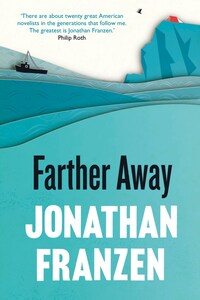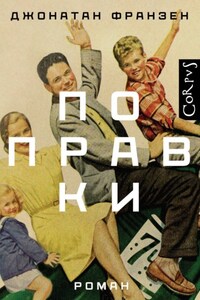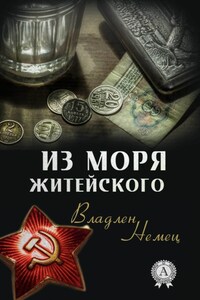THERE’D BEEN A STORM that evening in St. Louis. Water was standing in steaming black pools on the pavement outside the airport, and from the back seat of my taxi I could see oak limbs shifting against low-hanging urban clouds. The Saturday-night roads were saturated with a feeling of afterness, of lateness—the rain wasn’t falling, it had already fallen.
My mother’s house, in Webster Groves, was dark except for a lamp on a timer in the living room. Letting myself inside, I went directly to the liquor shelf and poured the hammer of a drink I’d been promising myself since before the first of my two flights. I had a Viking sense of entitlement to whatever provisions I could plunder. I was about to turn forty, and my older brothers had entrusted me with the job of traveling to Missouri and choosing a realtor to sell the house. For as long as I was in Webster Groves, doing work on behalf of the estate, the liquor shelf would be mine. Mine! Ditto the air-conditioning, which I set frostily low. Ditto the kitchen freezer, which I found it necessary to open immediately and get to the bottom of, hoping to discover some breakfast sausages, some homemade beef stew, some fatty and savory thing that I could warm up and eat before I went to bed. My mother had been good about labeling food with the date she’d frozen it. Beneath multiple bags of cranberries I found a package of small-mouth bass that a fisherman neighbor had caught three years earlier. Underneath the bass was a nine-year-old beef brisket.
I went through the house and stripped the family photos out of every room. I’d been looking forward to this work almost as much as to my drink. My mother had been too attached to the formality of her living room and dining room to clutter them with snapshots, but elsewhere each windowsill and each table-top was an eddy in which inexpensively framed photos had accumulated. I filled a shopping bag with the haul from the top of her TV cabinet. I picked another bag’s worth from a wall of the family room, as from an espaliered fruit tree. Many of the pictures were of grandchildren, but I was represented in them, too—here flashing an orthodontic smile on a beach in Florida, here looking hungover at my college graduation, here hunching my shoulders on my ill-starred wedding day, here standing three feet away from the rest of my family during an Alaskan vacation that my mother, toward the end, had spent a substantial percentage of her life savings to take us on. The Alaskan picture was so flattering to nine of us that she’d applied a blue ballpoint pen to the eyes of the tenth, a daughter-in-law, who’d blinked for the photo and who now, with her misshapen ink-dot eyes, looked quietly monstrous or insane.
I told myself that I was doing important work by depersonalizing the house before the first realtor came to see it. But if somebody had asked me why it was also necessary, that same night, to pile the hundred-plus pictures on a table in the basement and to rip or slice or pry or slide each photo out of its frame, and then dump all the frames into shopping bags, and stow the shopping bags in cabinets, and shove all the photos into an envelope, so that nobody could see them—if somebody had pointed out my resemblance to a conqueror burning the enemy’s churches and smashing its icons—I would have had to admit that I was relishing my ownership of the house.
I was the only person in the family who’d had a full childhood here. As a teenager, when my parents were going out, I’d counted the seconds until I could take temporary full possession of the house, and as long as they were gone I was sorry they were coming back. In the decades since, I’d observed the sclerotic buildup of family photographs resentfully, and I’d chafed at my mother’s usurpation of my drawer and closet space, and when she’d asked me to clear out my old boxes of books and papers, I’d reacted like a house cat in whom she was trying to instill community spirit. She seemed to think she owned the place.
Which, of course, she did. This was the house where, five days a month for ten months, while my brothers and I were going about our coastal lives, she had come home alone from chemotherapy and crawled into bed. The house from which, a year after that, in early June, she had called me in New York and said she was returning to the hospital for more exploratory surgery, and then had broken down in tears and apologized for being such a disappointment to everyone and giving us more bad news. The house where, a week after her surgeon had shaken his head bitterly and sewn her abdomen back up, she’d grilled her most trusted daughter-in-law on the idea of an afterlife, and my sister-in-law had confessed that, in point of sheer logistics, the idea seemed to her pretty far-fetched, and my mother, agreeing with her, had then, as it were, put a check beside the item “Decide about afterlife” and continued down her to-do list in her usual pragmatic way, addressing other tasks that her decision had rendered more urgent than ever, such as “Invite best friends over one by one and say goodbye to them forever.” This was the house from which, on a Saturday morning in July, my brother Bob had driven her to her hairdresser, who was Vietnamese and affordable and who greeted her with the words “Oh, Mrs. Fran, Mrs. Fran, you look














